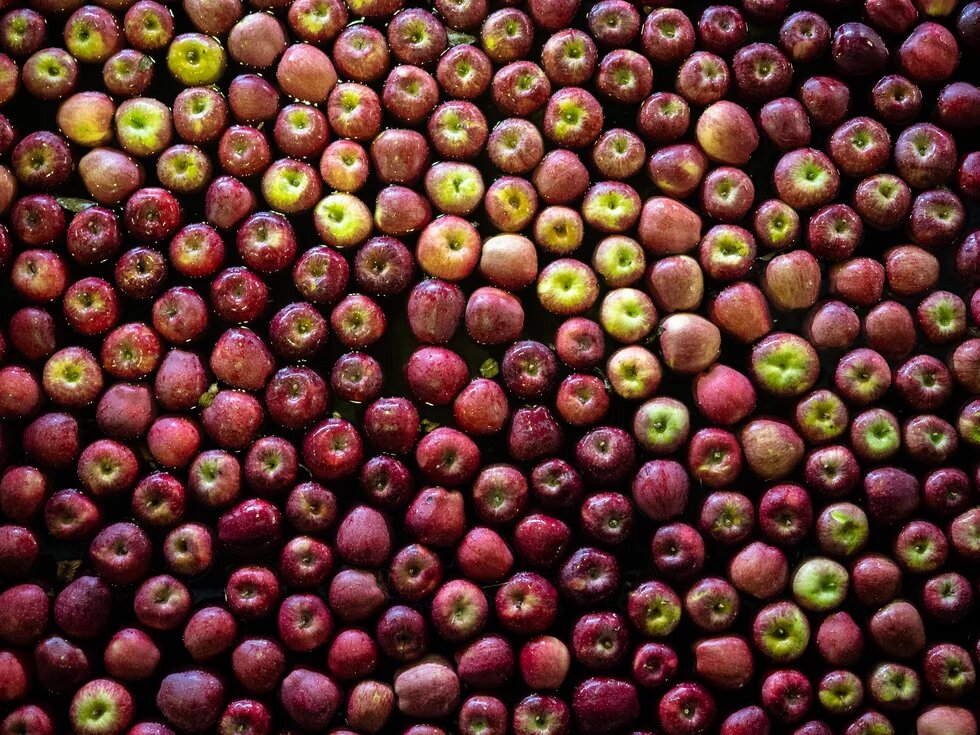

Gray boots press firmly into the soft, damp earth of the orchard. The trees stand in neat rows, their bare branches twisting skyward against a backdrop of the Aegean Sea. Zagora, a small village perched in the hills an hour’s drive east of Volos, is surrounded by rugged terrain and overlooks the coastline. The scent of wet grass mixes with the salty air as Ioulia Pappoulia runs her hand along the bark of an old apple tree.
When the rains came, they came with a vengeance. Streams of water cascaded down the hillsides, tearing away soil and turning roads into rivers. “We couldn’t even reach the fields,” Ioulia recalls. Bridges were swept away, and the village was cut off from the world. For days, all she could do was wait and watch as the torrent reshaped the land.
Though the villagers worked tirelessly to rebuild – clearing paths, constructing makeshift bridges, and tending to the orchards – the gardens, once a paradise of abundance, seemed to hold their fruits just out of reach. But the true challenge lay ahead. Apples, Ioulia explains, have specific requirements: at least 700 hours under 10 degrees Celsius are essential for their growth. “Down here, it’s getting harder,” she says, gesturing toward the higher slopes of the hills, where cooler temperatures still allow the trees to thrive. While the lower fields continue to bear fruit, the rising temperatures are gradually making them less suitable.
“For us, the apple is life,” Ioulia says as she surveys the trees around her. Nearly every family in Zagora relies on the orchards, whether through farming, processing, or trade. The fruit is more than a livelihood; it is a connection to the land and to generations past.